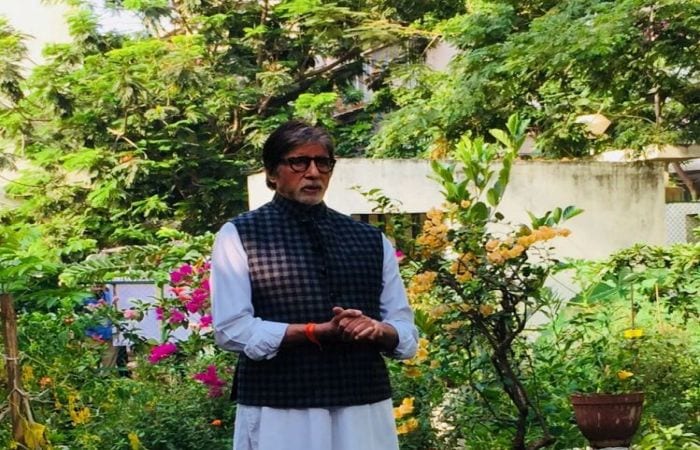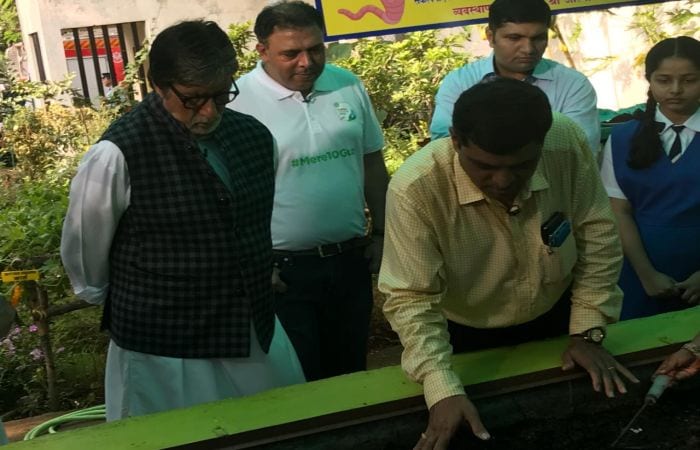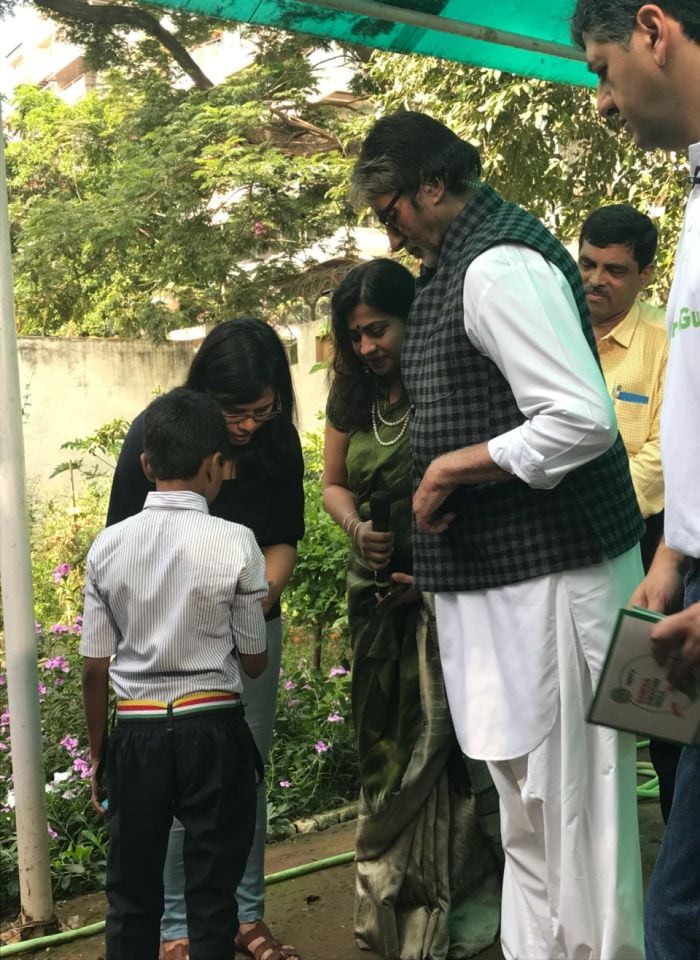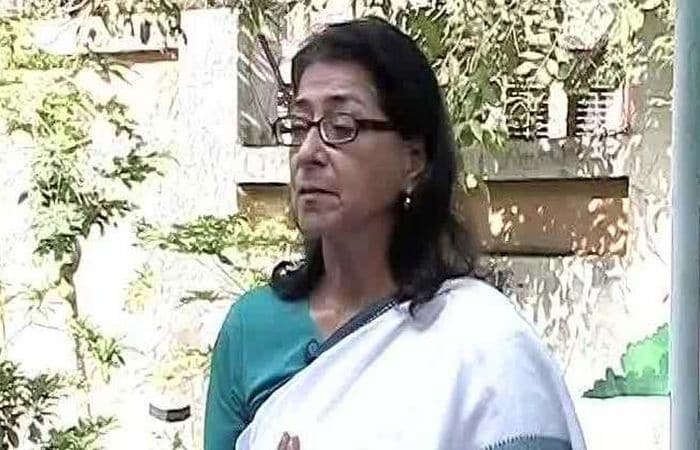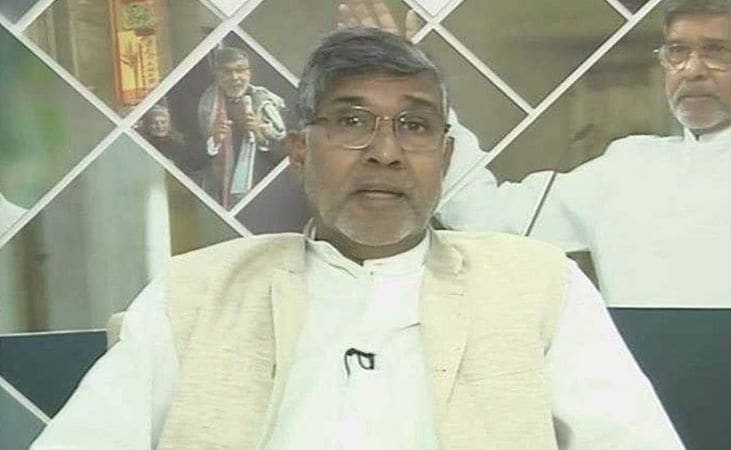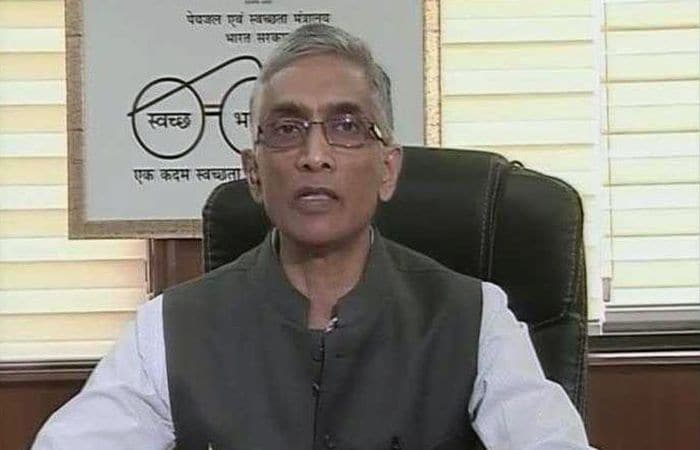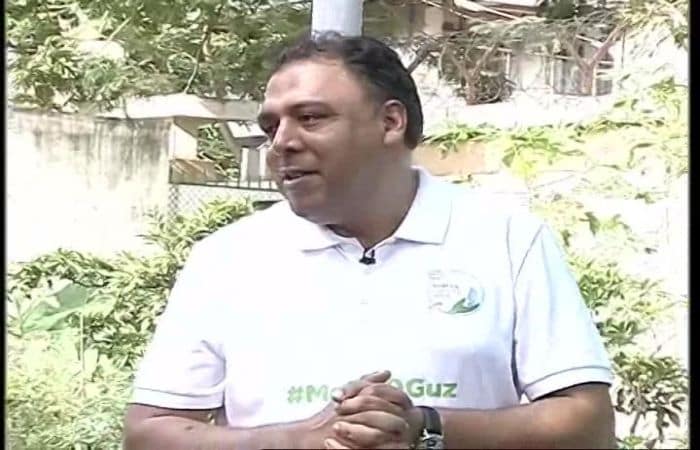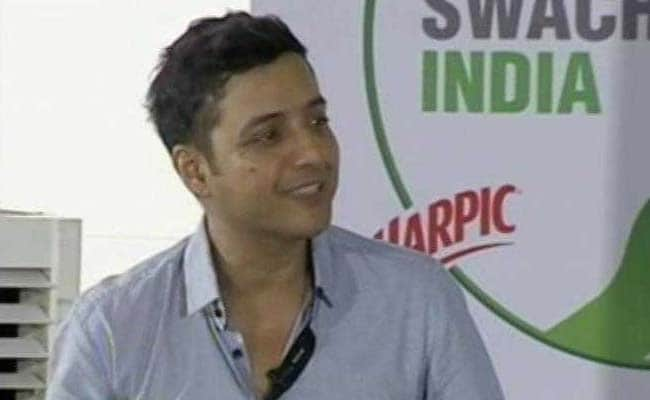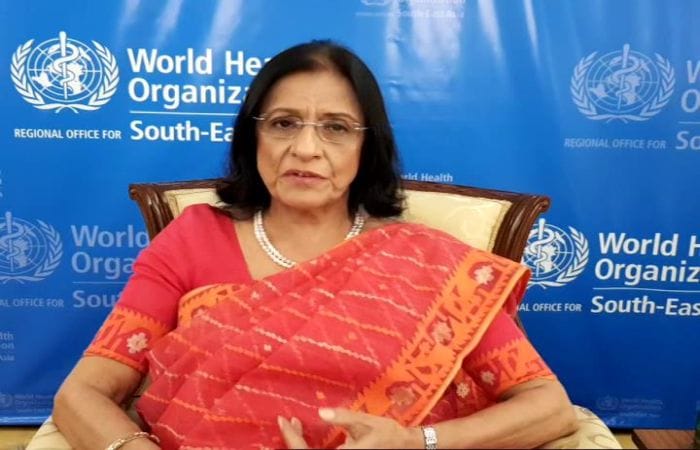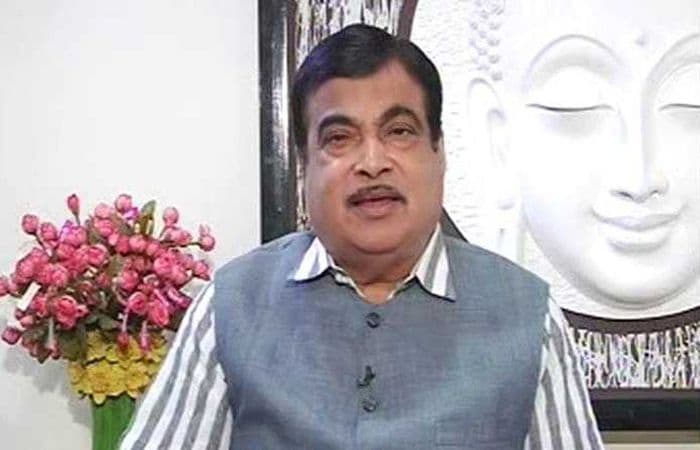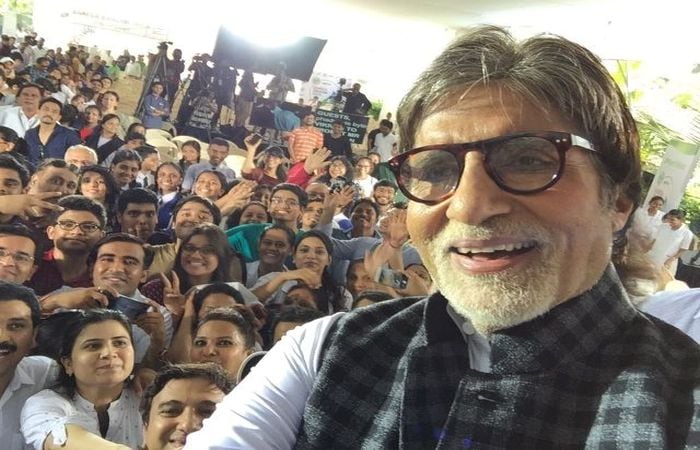Working For Swachh India Should Become A Habit, Like Brushing Your Teeth: Amitabh Bachchan
The launch of Season 5 of NDTV-Dettol Banega Swachh India, Campaign Ambassador set the agenda for this year's initiative, which will focus on Sanitation, Wash, Air pollution, Cleanliness, Health and Hygiene. The aim is to work towards achieving its Swachh Bharat Abhiyan targets by the deadline set by the government, October 2, 2019.
-
Mr Bachchan believes that children are the agents of change and they can take forward the message of cleanliness. He said, "Whatever children learn at young age, they will follow that for their entire life and would motivate others to adopt safe sanitation practices."
-
Naina Lal Kidwai, Chair, India Sanitation Coalition, shared her experience on how children are leading the Swachh movement. She said, "I travel across Maharashtra and observed that there is a behavioural change. Parents said, now our children warn us that if we won't clean or throw the waste in bins, we will complain to Modi Ji."
-
Kailash Satyrathi, Nobel Peace Laureate and Children's Rights Activist, also talked about children being the agents of change. He said, "Children said they wanted to see cleanliness around, at homes and schools. At least 500 villages came forward and said, we need individual household toilet."
-
During a panel discussion, Afroz Shah, Lawyer and Environmentalist shared his experience of cleaning Mumbai's Versova beach. He said, "Nurturing plants is very difficult. We should love our environment and not pluck leaves and uproot them. I planted 100 trees at Versova beach, but only manage to save 50."
-
Talking about how inadequate sanitation leads to lot of diseases, Dr Poonam Khetrapal Singh, Regional Director, WHO, South-East Asia Region, said "Our goal is to provide sanitation, safe water and hygiene. We have seen inadequate sanitation leads to polio, and India has spent a lot of time and effort to eradicate polio. It is extremely important that we focus on adequate sanitation, so that polio does not make a comeback."
-
Nitin Gadkari, Union Minister of Water Resources and Road Transport, said that solid waste management can be an industry worth Rs. 5 lakh crore and that the Centre is experimenting with using plastic waste in building roads, as that is a cost-effective method of utilising waste.
-
Amitabh Bachchan concluded the launch of season 5 by saying, "We as individual should contribute towards swachh bharat. Ye mera kaam nahi hai, people say this when it comes to keeping surroundings clean. We need to change this attitude. People should say Yeh kaam mera hai."

